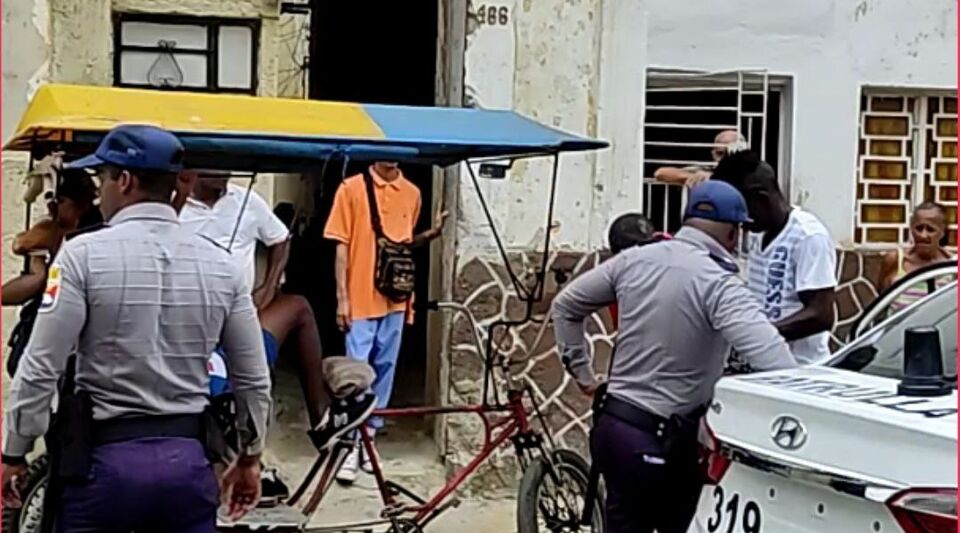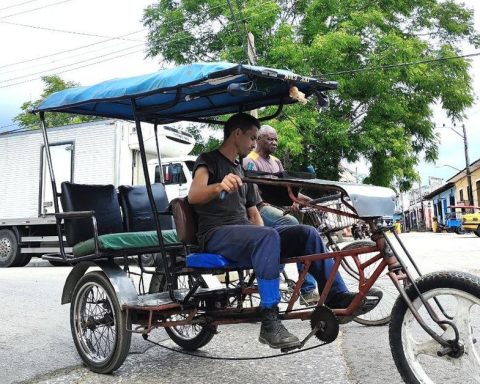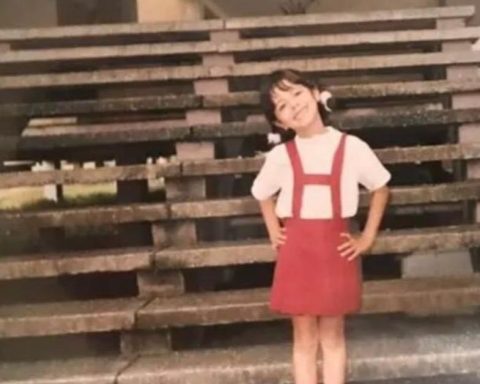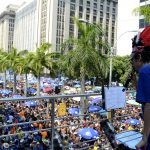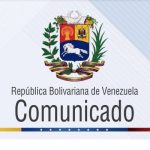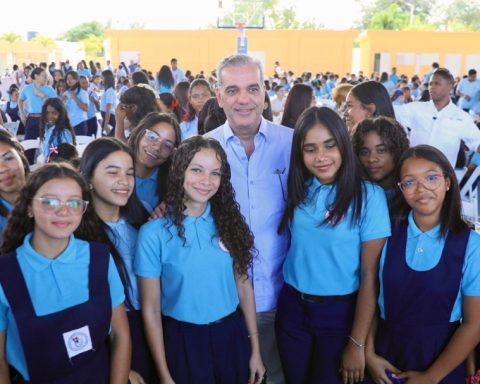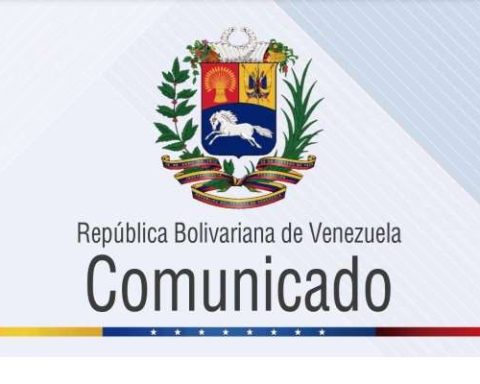The Cuban Conflict Observatory (OCC) registered 372 demonstrations against the island’s regime during the month of March. In your most recent reportthe Miami-based organization also documented numerous cases of repression against activists and human rights defenders.
In its report, the Observatory highlighted the reappearance of graffiti with slogans offensive to the Government, such as “No to the Communist Party” or “Down with the dictatorship.” In addition, it detected an increase in protests by 60.3% compared to the 232 registered in March of the previous year.
However, taking into account the 711 demonstrations reported in February 2023, there has been a decrease that the OCC explains: the organization has decided not to include in its inventory, as it had been doing up to now, the permanent campaigns of 200 activists.
The Observatory reported protests in 15 provinces of the island, of which Havana, with 126 incidents, accumulated the majority. According to the report, of the demonstrations that took place in March, 189 were related to demands for political and civil rights (50.8% of the total), while 183 were caused by demands for economic and social rights (49.2% ).
The Observatory reported protests in 15 provinces of the island, of which Havana, with 126 incidents, accumulated the majority
During the month of March there were also several events related to the elections of deputies to Parliament, those of lower attendance since 1959. At least 8.1 million people were called to participate in the process, but 75.92% of the electoral roll attended, a figure that the Observatory finds unreliable.
The report also indicates that the regime took advantage of the elections to repress several dissidents and independent journalists. In the middle of the electoral process, journalist Julio Aleaga Pesant was arrested and handcuffed for two hours inside a police car. Days later, a car with military registration rammed the car in which he was traveling through the capital. One of the collaborators of the State Security was also harassed by Cuban newspaper in Santiago de Cuba, Beloved Robert Vera.
In addition, three reporters from CubaNet –Enrique Díaz, Ángel Cuza and Osniel Carmona– had their homes watched and threatened that they would not be allowed to leave their homes on election day. Finally, the organization exposed that the regime prevented independent observers from monitoring the voting and observing the counting in the polling stations.
The Observatory stressed that crime and citizen insecurity worsened in Cuba during March. “What worries the most are violent crimes, especially by gangs of adolescents and children,” he insisted, recalling that in the first three months of the year there were 10 murders in the different provinces in an attempt to steal a phonea gold chain or one motor.
A total of 363 repressive actions of the regime were registered by the organization in March, of which 64 occurred during the voting
Femicides were also an alarming issue, the report noted, with 19 murders between January and March (half the total number of victims registered on the Island in 2022, which closed with 36).
In its report, the organization reiterates that insufficient wages and galloping inflation exacerbate social discontent, while mental illnesses increase, in a scenario of lack of medicines. “A specific case revealed the indolence of the people who witnessed the spectacle of an elderly woman with mental disorders who came out naked to protest. Those around her laughed or filmed her with their cell phones but it took time before someone deigned to help her,” he pointed.
The repression in the context of the parliamentary elections also took center stage in the report of another NGO, the Cuban Observatory of Human Rights (OCDH), based in Madrid. A total of 363 repressive actions of the regime were registered by the organization in March, of which 64 occurred during the voting.
Of these cases, they affirmed, 93 correspond to arbitrary arrests and 270 to “other abuses.” They also reported 27 acts of harassment against political prisoners and multiple police summonses, among which the arrest of the youtuber Cuban Hilda Nunezalias hildina.
Another notable case, added the OCDH, was that of the activist Aniette González, arrested on March 23 and prosecuted for “insulting” the Cuban flag in Camagüey. As for the political prisoners, they denounced the lack of medical care for Maikel Puig and the violence of the jailers against Yuliesky Méndez, both in the Quivicán prison, in Mayabeque.
________________________
Collaborate with our work:
The team of 14ymedio He is committed to doing serious journalism that reflects the reality of deep Cuba. Thank you for accompanying us on this long road. We invite you to continue supporting us, but this time becoming a member of our newspaper. Together we can continue transforming journalism in Cuba.
